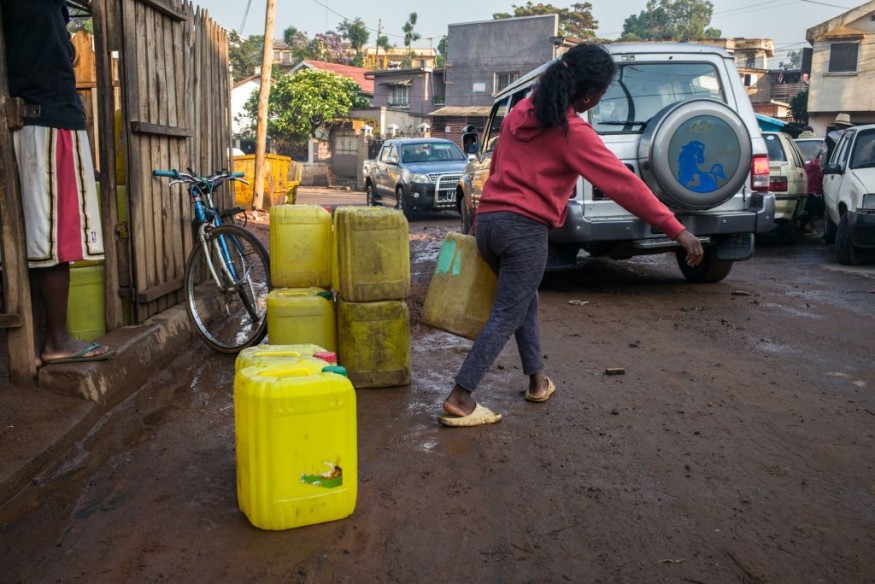Experts said that the impact of global heat among populations in Africa, especially in Madagascar, has been unrecorded.
A recent study stated that Madagascar in particular was the most populated region around the capital of Antananarivo that experienced in 2023 its hottest October ever, breaking many high and low temperature records.
Madagascar Heatwave

The region with highest temperatures and where many records were broken is also the most densely populated part of the country which means millions of people were affected by extremely high temperatures, very early in the season.
Despite this phenomenon, no impacts or effects of the record-breaking heat have been recorded. This does not mean, however, that no impacts to humanity had occurred.
Authorities noted that it is a known fact that extreme heat in African countries is notoriously underreported, despite the highly vulnerable populations.
Scientists from Madagascar, South Africa, Denmark, the Netherlands and the United Kingdom collaborated to assess to what extent human-induced climate change altered the likelihood and intensity of hot Octobers in Madagascar and the warmest 7-day maximum and minimum temperatures in Antananarivo during the month, using published peer-reviewed methods.
Drawing from studies in similar contexts and other regions in the world, the experts have also assessed what the impacts on humans and ecosystems in the region likely are.
Heatwaves in all regions of sub-Saharan Africa are dramatically underreported leading to little awareness of the public about the dangers of extreme heat.
Officials said that heat-related mortality is estimated to increase by a factor of four by 2080, unless required investments to adaptation are made.
It was noted that South Madagascar is particularly vulnerable to impacts of heatwaves, as food and agricultural systems are likely to collapse under high temperatures and compounding drought conditions and frequent, highly destructive cyclones.
Further, extremely dry air during heatwaves, including the nights, results in difficulty to breathe, and children are reported to be the worst affected with an overall high heat-related mortality.
Using gridded observational products the very warm October is approximately a 1 in 100 year event in today's climate, according to experts. Meanwhile the extreme warm 7-day maximum and minimum temperatures are less rare, estimated to be a 1 in 25 and 1 in 20 year event respectively.
To estimate the influence of human-caused climate change on this extreme heat, experts have used a combination of climate models and the observations.
Read Also : Madagascar's Worst Drought in 40 Years Leaves 1 Million People on the Brink of Starvation
Human-induced Climate Change
They found out that because of human-induced climate change the event would have been approx. 1 to 2 °C cooler for all three event definitions had humans not warmed the planet by burning fossil fuels.
Due to the strong trend the change in likelihood is very large: it has increased by at least 100 times for October mean and 7-day minimum temperatures and by at least 10 times for the 7-day maximum temperatures.
They said that unless the world rapidly stops burning fossil fuels, these events will become more common in the future.
Further, in a world 2°C warmer than preindustrial, events like these would no longer be rare but occur up to 3 times per decade.
At present, there are no heat action plans, early actions protocols, or comprehensive early warning systems, indicating an overall limited preparedness for heat waves.
Experts noted that investments in extreme heat forecasting, warning, and response capabilities are the most urgent requirements for Madagascar to better adapt to a warming world.
Related Article : Tropical Regions Now 'Too Humid' and May Not Be Livable Soon
© 2025 NatureWorldNews.com All rights reserved. Do not reproduce without permission.





